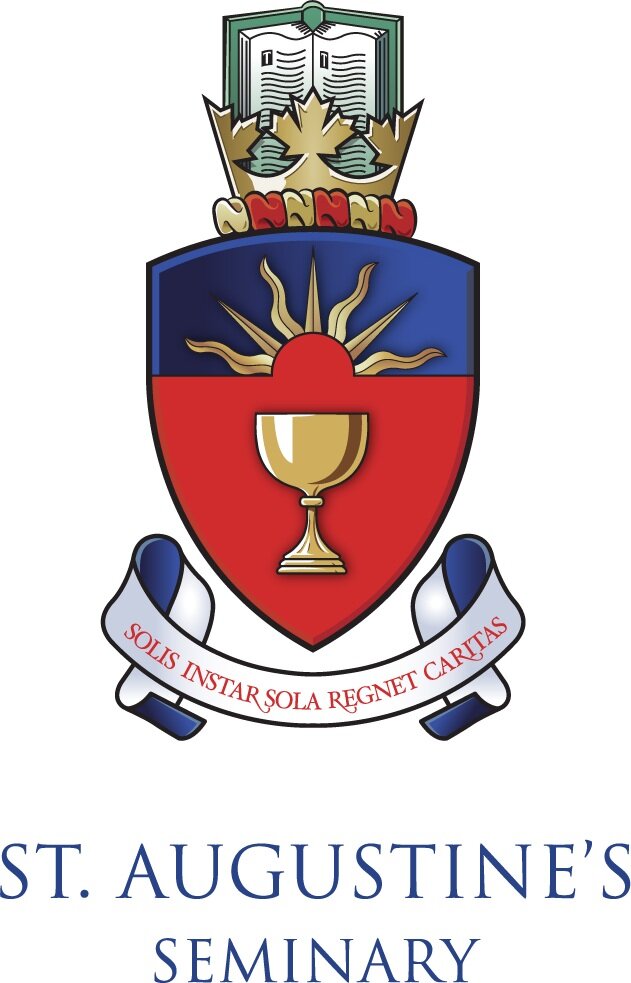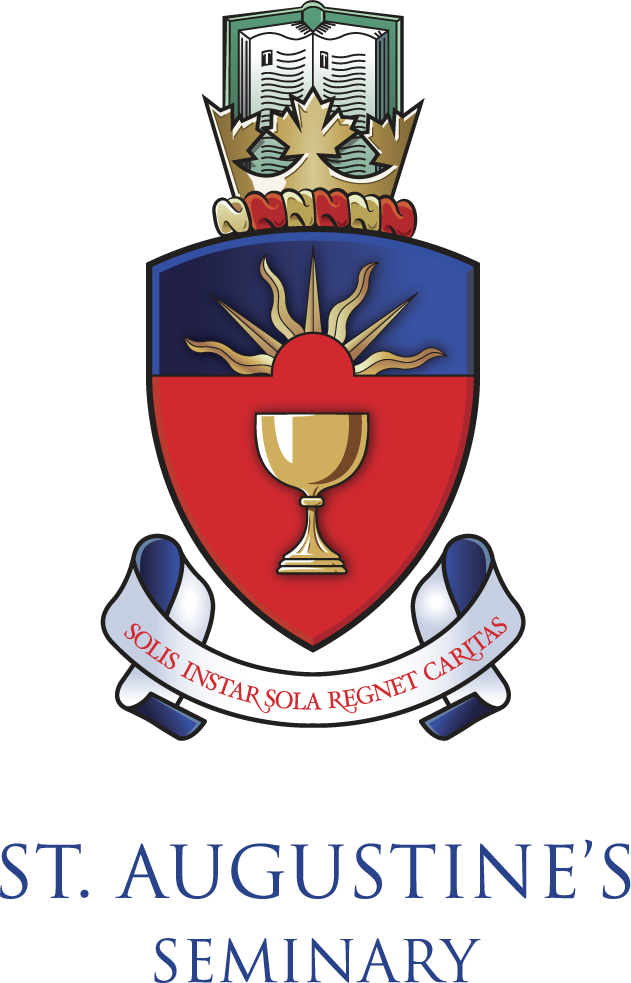Master of Religious Education (M.R.E.)
The Master of Religious Education degree program [M.R.E.] is designed to equip persons for professional leadership in educational ministry within the Catholic ecclesial tradition. The primary goals for this degree program are: to give the student the capacity for critical and constructive theological reflection regarding the content and processes of educational ministry in the Catholic Church; to build an understanding of educational, social and behavioural sciences that ground educational practice within the various cultural contexts in which educational ministry occurs; to provide the occasion for personal and spiritual growth; and to equip the student with skills in teaching religion and in designing, administering and assessing educational programs.
Overall Goal: The Master of Religious Education program at St. Augustine’s Seminary prepares candidates for educational ministries and leadership positions within the Catholic ecclesial tradition. Students encounter and deepen their understanding of key aspects of the Catholic theological tradition.
Program Outcomes
Religious Heritage: Students should articulate and communicate sound knowledge of the various areas of study in this Tradition, which include biblical, historical, pastoral, systematic and moral theology.
Personal-Spiritual Formation: Students integrate this knowledge into a personal response of faithful love for Jesus Christ, which is expressed in their loving service to his Church and all people.
Cultural Context: Students encounter and engage the principles of educational ministry with the Catholic Church, and in particular, within the Catholic school system and its contemporary cultural contexts.
Specialization: In the Master of Religious Education program, students should demonstrate that they can build on their understanding of the educational, social and behavioural sciences which ground educational practice. Students should demonstrate the capacity for critical and constructive theological reflection regarding the content and processes of Catholic educational practice. They demonstrate that they have enriched and strengthened their theological understanding and leadership skills necessary to be effective educators in the Catholic faith.
Admission Requirements
A university undergraduate degree or its equivalent from an accredited institution, with adequate standing (normally at least B- standing in their final year). In exceptional circumstances, an applicant who has graduated five or more years ago, may be considered for admission with less than a B- average if a case can be made for demonstrated competency in education or other forms of educational ministry.
At least one year of full-time experience in teaching or other forms of education ministry. Applicants without full-time experience should provide a resume detailing comparable experiences. The teaching experience need not be in school-based education but may be of a more informal nature. Consultation with the Academic Dean may be required.
Complete academic application and official transcripts from all post- secondary education [as noted in the Academic Admissions section]. For details of the M.R.E. Course Reduction Policy, please contact the Registrar.
There are twenty required courses for the Master of Religious Education degree:
Core Courses (12)
Biblical:
Introduction to Old Testament
Introduction to New Testament
Systematic Theology [Theological]:
Foundations of Theology
The Christian God/Mystery of the Trinity
Theological Anthropology
Christology
Ecclesiology
Sacraments
Moral Theology/Ethics [Theological]:
Moral Theology
Human Sexuality and Marriage
Historical:
Church History
Core Elective: choose one from the five options below
1. Christianity and World Religions
2. Ecumenism
i) Social Justice
ii) Church History
iii) Families of the World in Classrooms and Parish: Understanding for Education and Service
3. Core Religious Education Courses [3] [Pastoral Theology]
4. Religious Education Practicum and Globalization
5. Psychology and Faith Development
And choose one of the options below:
Conversion and Education
Spirituality and the Catholic Educator
Spirituality of Work: Faith Life in Your Profession
Religious Education Electives [3] [Pastoral Theology]
Choose three of the options below:
Issues in Catholic Education in Ontario
The Ministry of Evangelization of Adolescents
Introduction to Thomas Aquinas
Lay Ministry in the Diocesan Church or an approved alternative.
Free Electives [2] May be taken in Theology, Education or Religious Education.
The Master of Religious Education degree program [M.R.E.] is designed to equip persons for professional leadership in educational ministry within the Catholic ecclesial tradition. The primary goals for this degree program are: to give the student the capacity for critical and constructive theological reflection regarding the content and processes of educational ministry in the Catholic Church; to build an understanding of educational, social and behavioural sciences that ground educational practice within the various cultural contexts in which educational ministry occurs; to provide the occasion for personal and spiritual growth; and to equip the student with skills in teaching religion and in designing, administering and assessing educational programs.
Policies and Procedures:
Please see the St. Augustine's Policies & Procedures Page and Student Handbook.
Course Reduction Policy:
Students who possess the required qualifications may be eligible for advanced Standing in the Master of Religious Education Programme, please contact the Registrar for details.

